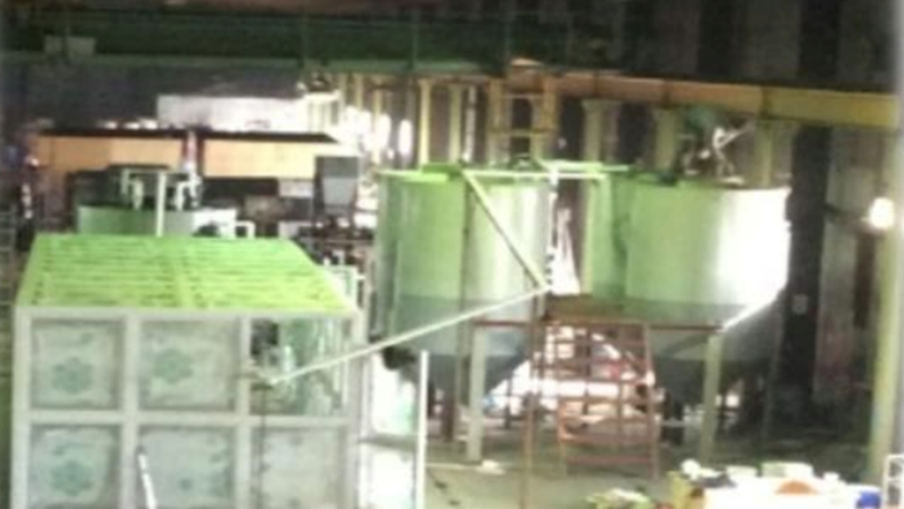Russian and Chinese firms are involved in a program to help North Korea use its coal supply to produce synthetic gas that would help Pyongyang withstand international sanctions.
North Korea has been banned since 2017 by the United Nations from exporting its coal, but it continues to sell some of its abundant supply through various evasion schemes, according to a March U.N. report.
Pyongyang is also prohibited from importing gas and other fuels, and it has turned to converting its coal to gas for domestic power purposes.
Coal gasification is a technology that dates back to the late 18th Century; it involves heating coal with oxygen and steam at high temperatures to produce gas. However, the process is costly and has historically been used as a last resort by countries struggling to access fuel.
Russian and Chinese companies have stepped in to aid the North Koreans with their coal gasification efforts, according to a December 2018 report by the Wall Street Journal and a review by Kharon of corporate records.
In 2017, St. Petersburg Electrical Company (SPBEC) manufactured a coal liquefaction unit, which converts coal to liquid fuel, for a customer in Nampo, North Korea, according to a post on its website. The Russian company lists more than 30 companies in the U.S., Europe and Asia as its suppliers. St. Petersburg Electrical identifies among its clients the recently delisted United Co. Rusal PLC and PJSC Power Machines, which was sanctioned for being a co-owner of a company that produced turbines that were transferred to Crimea. St. Petersburg Electrical Company has also done work for Gazprom and LUKOIL, Russian energy firms on the U.S. sectoral-sanctions list.
